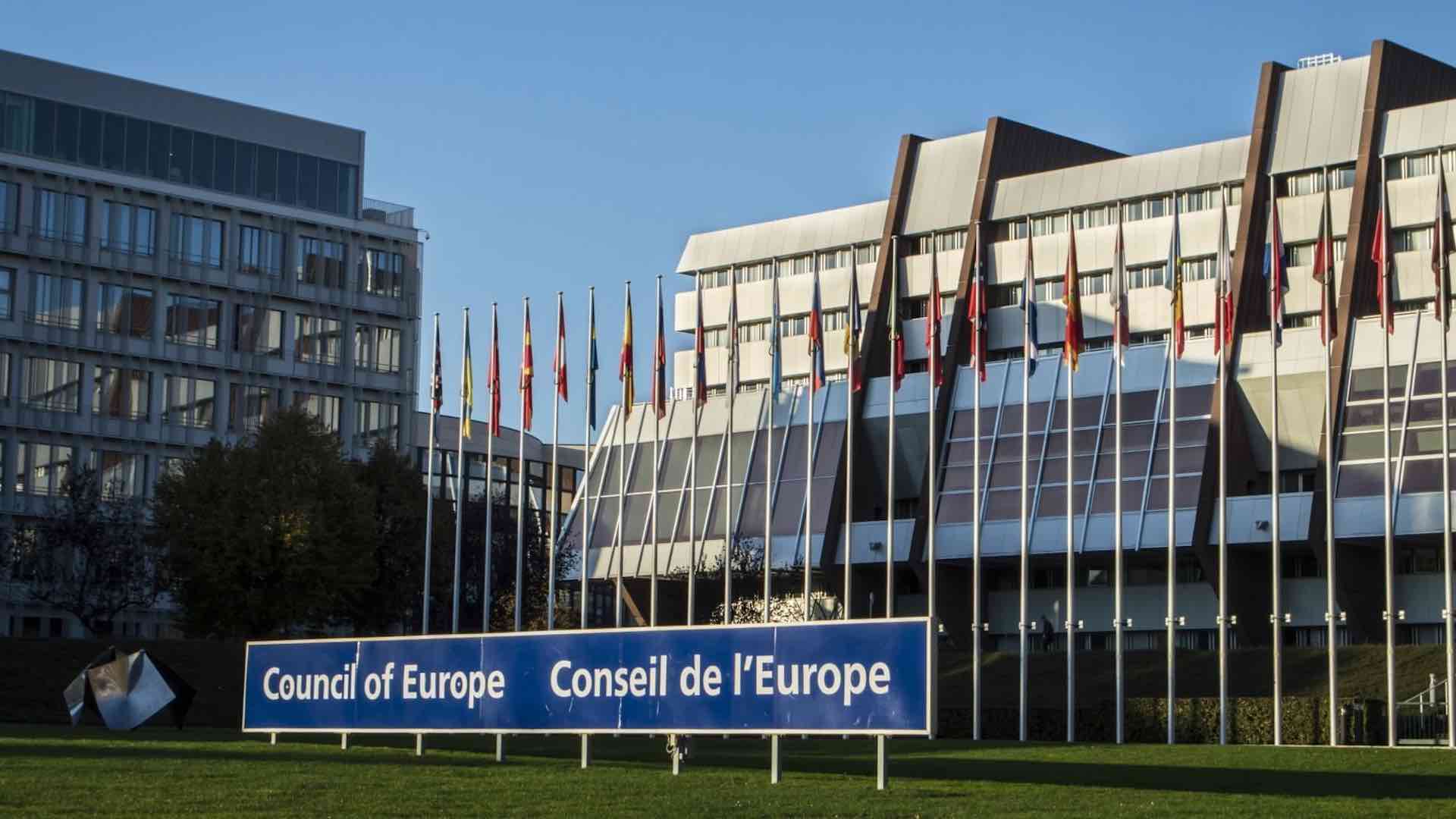European Council approves updates to Schengen borders code
The European Council has approved a new Schengen Borders Code aimed at enhancing the management of internal and external borders within the EU. The code addresses border control procedures for individuals crossing external EU borders, marking a significant step in fortifying the Schengen area against current and future crises. This update ensures that residents and travelers within the EU can continue to benefit from seamless borderless travel while also bolstering the region’s resilience to potential threats. One key aspect of the reform is the introduction of provisions allowing for EU-wide measures to restrict the entry of third-country nationals during large-scale public health emergencies.

Under the new regulations, the Council retains the authority to implement temporary travel restrictions at the EU’s external borders in response to such emergencies. These restrictions may encompass measures such as testing, quarantine, and self-isolation for non-EU citizens entering the EU. Furthermore, the revised code establishes a transfer procedure to address secondary movements of migrants between member states and offers solutions to instances of migration exploitation. Member states will now have the flexibility to limit the number of border crossing points or adjust their operating hours as deemed necessary, in addition to implementing enhanced border surveillance measures.
Moreover, the updated code clarifies the process for reintroducing and extending internal border controls, which can be enacted in cases of serious threats to public policy or internal security. Member states are required to assess the necessity and proportionality of such measures, ensuring that the objectives pursued cannot be achieved through alternative means. Overall, the adoption of the amended Schengen Borders Code represents a proactive approach by the European Union to address evolving challenges while safeguarding the principles of free movement and security within the Schengen area.
